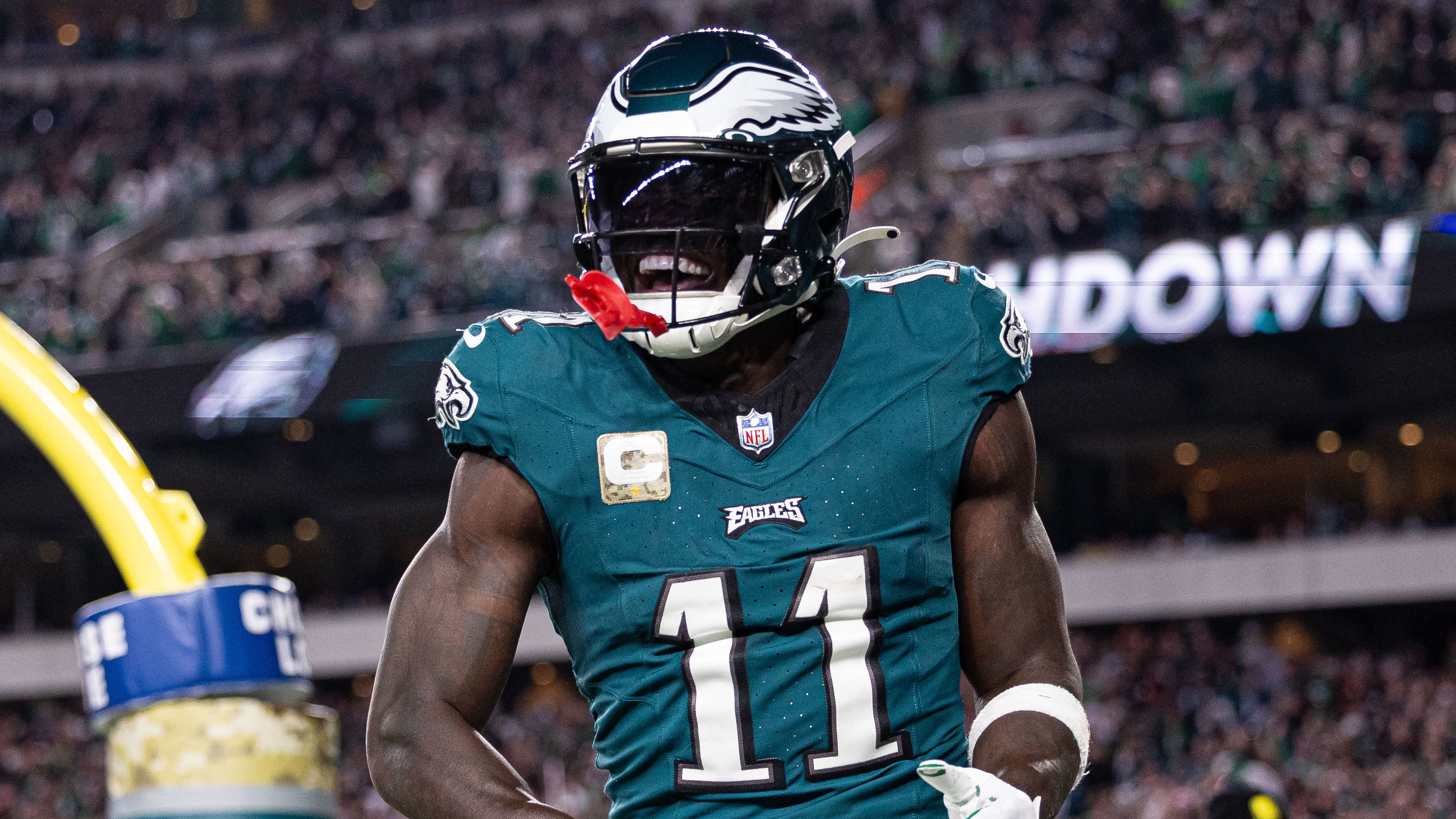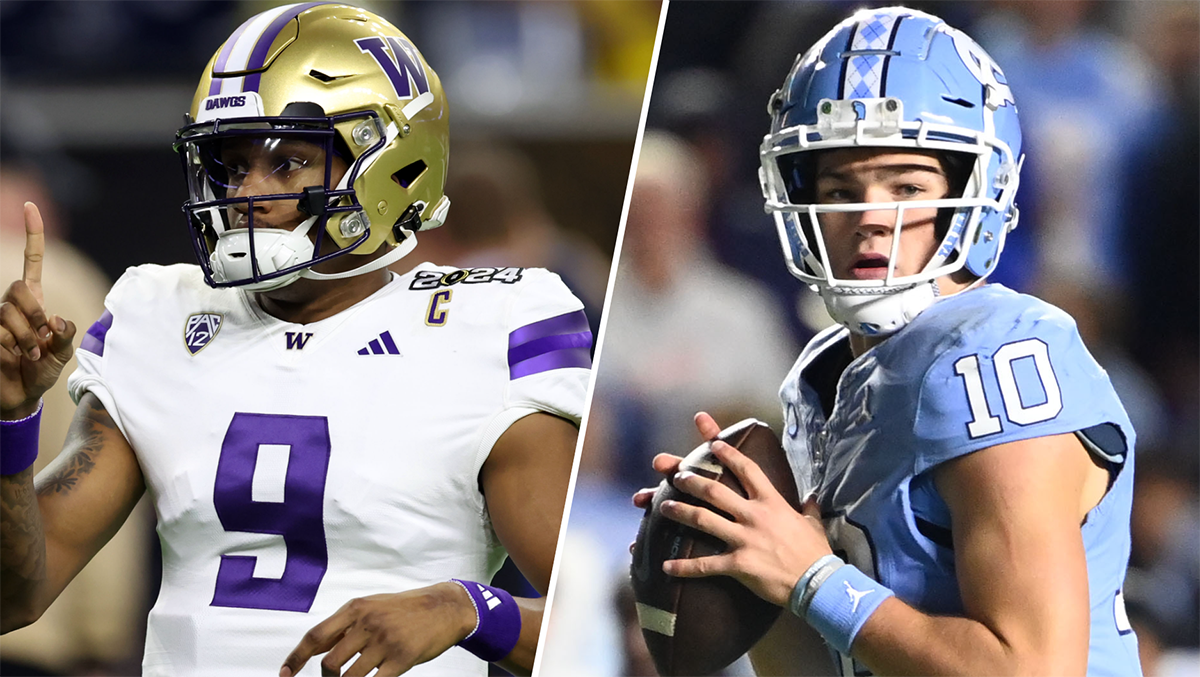The coordinated barrage of tweets from NFL players on Sunday shows they’re anxious, irritated and feeling unseen as training camp approaches.
But what, exactly, are they most pissed about?
What do they want in place that isn’t already there? Because, contrary to the vibe the tweetstorm created, there ARE things that have been agreed to.
J.J. Watt has probably done the best job of distilling an understandably wide-ranging list of concerns into a tidy, bullet-point list of requests.
Download the MyTeams app for the latest Patriots news and analysis
Most of the requests/demands/clarification points have to do with logistics and safety. The players consistently pointed out that owners are not following advisories laid out by the Joint Committee “made up of doctors, trainers and strength coaches” that the NFL and NFLPA tasked with a list coming up with recommendations.
Players are keeping financial concerns separate. That’s smart. The notion that safety is negotiable would be guaranteed to cause dissension in a union of close to 2,000 guys.
New England Patriots
Here’s an Idiot’s Guide to Training Camp Hurdles to Clear.
PRESEASON GAMES
The players don’t want any to be played, per NFLPA President J.C. Tretter of the Browns.
“The NFL has recently stated it wants to play two preseason games. When we asked for a medical reason to play games that don’t count in the standings during an ongoing pandemic, the NFL failed to provide one. The league did provide a football reason, though — to evaluate rosters. The NFL also stated that it was important to stage preseason games to check how our game protocols will work.
With no medical reason provided for holding any preseason games and the desire to follow the Joint Committee’s recommendations, the NFLPA Board of Player Representatives unanimously voted against any preseason games this season."
Owners will speak Monday and are expected to propose one preseason game be played.
There are some players who think preseason games are smart to satisfy concerns over logistics.
“I think we should play those two games,” Philadelphia defensive back Jalen Mills told The Associated Press. “We need to know how everything is going to work on game day. Of course, preseason, we don’t know about fans right now, but as far as protocol is going to work, as far whether they’re testing us before games or testing us prior and up to the games, testing us on game day.
“Walking in a stadium, how’s that going to be? How’s the traveling going to be different staying in a hotel? I think we need to know that. ... Everybody is not playing the first game at home. Everybody’s not doing that. So you got guys who are going to travel Week 1. And I feel honestly, me, I will want to know how the protocol is going to be so I will be able to not only physically prepare myself, but also mentally, knowing exactly what the NFL is going to do as far as this whole COVID thing and the protocols as far entering the games.”
One game seems a reasonable compromise. That way, the players and coaches know what the health protocols will be.
Nobody wants to see 16 different approaches in 16 different stadiums when all 32 teams hit the field. Even if the preseason game is merely done to facilitate the logistics and it turns into a 7-on-7 (which will never happen, I’m just theorizing), there’s value in that dry run for players, officials, stadium personnel, coaches, medical staffs, trainers and of course MEDIA! Don’t forget us.
Sports Uncovered Podcast: The Bill Belichick You Don't Know | Listen and subscribe | Watch on YouTube
WHAT’S IT LOOK LIKE?
This was a concern smartly voiced by Patriots corner Jason McCourty during his Double Coverage Podcast on Sunday. How are the guys supposed to show up and do things? Not unconquerable but still. Clarity.
"From a player standpoint, we have no idea when our report date is, what time do we report? What's the process? When we get there, all 90 guys can't report at one o'clock to the stadium,” McCourty said. “So it's just like, if we all report on the 28th, is it all alphabetical order? Are the first 15 guys reporting at this time? Do we gotta go up the day before to get tested? Are we reporting that day? Are you getting tested then go home?
"It's a bunch of questions. I think from a player standpoint, that's why you're sitting there like, 'Man, if I have this number of questions right now...' Of course you don't feel totally secure saying, 'Hey, I'm getting to walk into the building right now, we're on to training camp!'
“(We need) an an idea of, 'Hey, these are the things we're gonna be doing. This is how things are gonna be different. In this arena things are gonna be the same, but you can expect this when you walk in. I think obviously we still have time for these things to be worked out and for it to all be figured out and for us to be ready to go, but it's a process. And I feel like you gotta knock those things out before you're able to walk in that building."
TESTING
The players advocated for it every day.
“We believe daily testing is important, especially given some of these hot spots,” NFLPA executive director DeMaurice Smith said Friday, “We don’t right now plan on changing that position.”
And it appears that the league agreed. According to Mike Florio from ProFootballTalk, there will be daily COVID-19 testing to start training camp, with the possibility that the testing schedule could be scaled back afterwards.
Peter King, in his Football Morning in America column, gave a glimpse into how it will be done in Minnesota.
“In training camp, the 100 club employees who come into daily contact with players — coaches, trainers, staff, service employees, team media people — and 80 players will enter the trailer and undergo the COVID-19 test. Not the deep “brain-scraper,” but the mid-nasal test that’s not as intrusive. I’m hearing the league is leaning toward compromising with the union and ordering daily tests, at least for a substantial period of time this summer.”
Daily testing is great in theory. But — since the results aren’t instantaneous — an asymptomatic player could pass the temperature screen, truthfully answer all questions about not being exposed then go on to the practice field and potentially put players at risk.
Even though asymptomatic spread was described as “very rare” by the head of the World Health Organization’s emerging diseases and zoonosis unit before (she walked it back the next day after an outcry), even though the risk of outdoor spreading is minimal and all players will be masked and distancing inside, even though the number of days in which there’s full-contact are about 25 percent of the time, the concern is there.
"We're all in the building,” said McCourty. “Even if we're all tested daily, that time it takes that we go home, somebody possibly goes out to eat, somebody has a friend or family member flying in from outta town coming in to visit them, you don't know what it can take ... and then the next day you show up to the building. You may get tested that day, but then you're not getting those results for another probably 20-24 hours and you're still in the building and amongst everybody. If you're positive you could be spreading germs."
HAMSTRINGS AND SUCH
While almost all focus is being directed toward avoiding the virus, other health concerns for players are more likely which — if incurred — will likely cause more missed time than COVID-19.
Injuries. The majority of players haven’t been hit since the final week of last season. No OTAs, no minicamps, no rookie minicamps. The potential for strained, torn or broken hamstrings, ACLs, shoulders and ankles will be up since offseason conditioning has been down.
The union wants a 45-day acclimation period per the joint committee’s recommendation. That would be 21 days of strength and conditioning, 10 days of non-padded practices and 14 days of contact to get ready for games.
The league wants preseason games and a shorter period since it’s hewing to the in-place schedule like it’s etched in stone. It’s not.
MONEY
This is a very involved part of the pie that’s not easily summarized.
For instance, there are multiple branches to the conversation around opt-outs. What if the player is at risk? What if he lives with someone at risk? What if he begins camp or the season then decides to opt out? Who gets paid what, if anything?
Then there are the conversations around how “guaranteed” contracts are dealt with. If the NFL swings its doors open for business and a player opts to not come in, that’s him deciding to sit.
“The league is management,” said DeMaurice Smith, the NFLPA Executive Director. “They have the exclusive right, just like somebody who owns a plant, regarding when it opens and when it closes. They want training camps to open on time. The role of the union is to hold them accountable about whether it’s safe to open now. ... We are all trying to get to the right decision more so than getting to the fast decision.”
Then there’s the question of how — when revenues decline in 2020 — the hit will be absorbed by both the players and the league. Smith makes a very good point on this, saying, “If we had a preference we would never want the players of next year to unfairly bear the brunt of a massive decrease in revenue in football,” Smith said. “They are taking the most risk by coming back to work at this point.”
The split of all revenues is 52 percent to the owners and 48 percent to the players. Smith is logically wondering why players who will be exposing themselves to the virus and not sitting in an office or a suite should take the same revenue whack.
Meanwhile for the owners, operating costs will spiral upward with all the safeguards and logistics being put in place. And there will be limited fans in the stands and none at training camps, which hits the local revenue very hard.
CONCLUSION
This is going to be a protracted process. Especially on the money. Players in general are suspicious of owners' motivations. They have decades of evidence why they should be.
It’s hard to warmly shake hands and work productively toward an agreement while wondering if you’re going to get shivved. Meanwhile, social media is a playpen for hyperbole, low-information claims and counterproductive opinions. So no matter what gets accomplished and put in place, wails of protest from some players about being “LITERALLY” (insert worst-case scenario here) are going to follow and gain traction.
But this is where things stand now. I hope you enjoyed this Idiot’s Guide, provided by your loyal idiot.
Tom E. Curran's Patriots Talk Podcast: Are the Patriots now Cam Newton's team? | Listen and subscribe | Watch on YouTube


